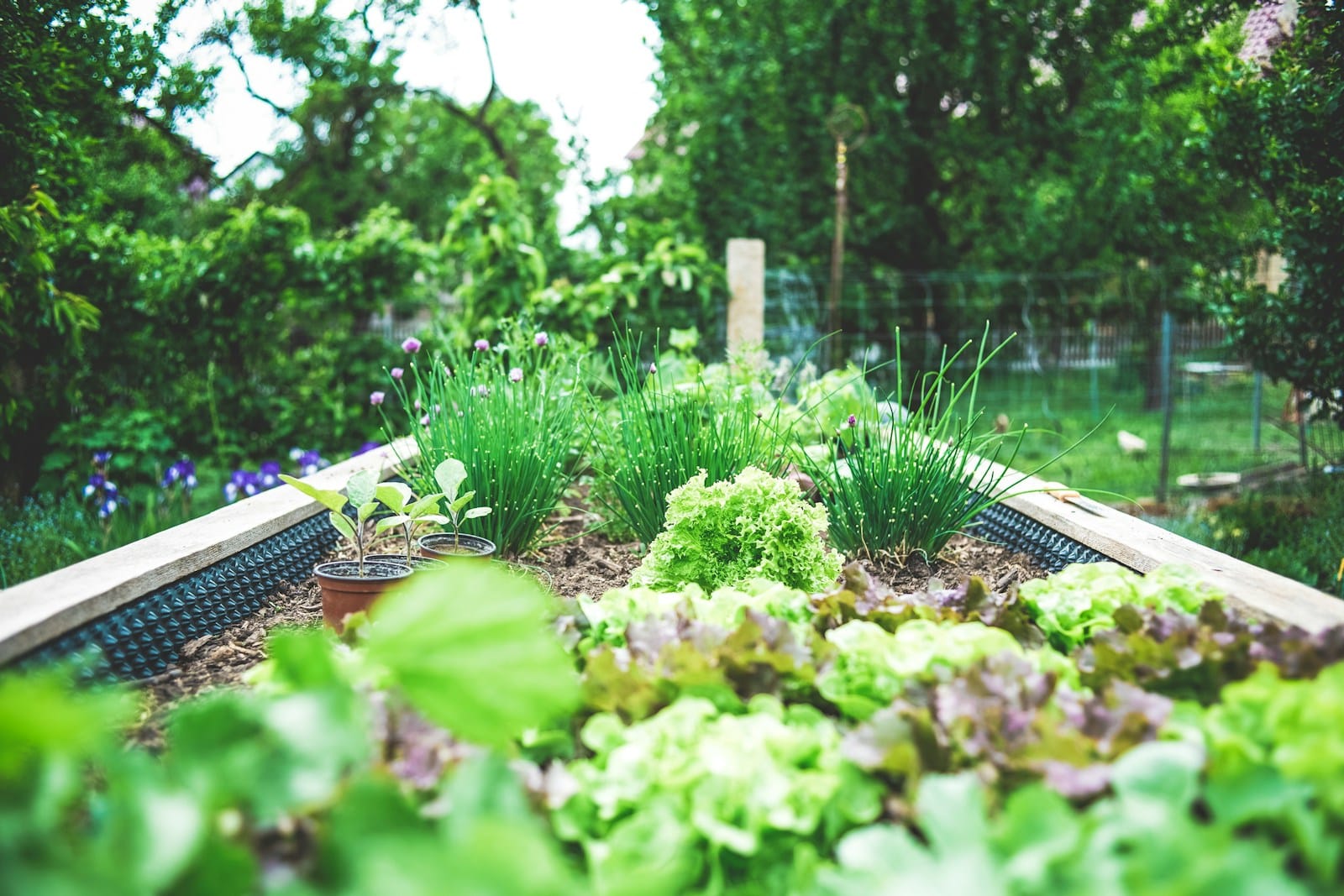Thinking About Starting an Office Garden? If you’re trying to bring a little color to the workplace, have healthier on-hand snacks, or simply want to beautify your office in a natural way, an office garden might be the perfect solution. But before you go plant-crazy, here are a few key things to keep in mind.
Location, Location, Location
In gardening, as in real estate, location is everything. If your office gets ample natural light through windows, your options increase dramatically. You can grow anything from cheerful yellow amaryllis to a sun-loving herb garden with rosemary and lavender.
If you’re even luckier and have access to a patio or rooftop deck, consider building a raised-bed vegetable garden. You’ll find plenty of DIY plans online, or you might bring in outside help—or discover a gardening enthusiast right in your office!
Use an outdoor raised bed to grow sun-loving vegetables and flowers for everyone to enjoy. And don’t forget the simple charm of low-fuss potted plants indoors.
Work With What You’ve Got
Let’s face it—most offices are lit with fluorescent lights and don’t get much natural sunlight. But you still have options. One excellent choice is the Chinese evergreen: it thrives in low light, requires little maintenance, and even helps purify the air.
Other great low-light, low-maintenance plants include:
- Ponytail palm
- Violets
- Chamaedorea palm
- Cacti
- Moth orchid (easy to grow for an orchid!)
If an indoor garden just won’t work, you can still transform a sunny outdoor wall with climbing angel ivy or seasonal flowers—perfect for a peaceful lunch break or a breath of fresh air.
Don’t Give Your Plants the Cold Shoulder
Once your indoor garden is in place, care is key. Water your plants with room-temperature water—cold water can shock the roots and kill them. Tepid water from a bottleless water cooler works great.
If your office air is dry, keep a small spray bottle at your desk to lightly mist your plants now and then. And avoid placing them directly under air conditioning vents or near heaters, as rapid temperature changes can cause damage.
Fertilization needs vary by plant, so check the instructions that come with the one you choose. A little care goes a long way.
Once your garden is up and growing, don’t forget the best part: taking the time to enjoy the fruits—and flowers—of your labor!
Author Bio
Kali is a guest author writing for Quench. She’s a Philadelphia resident with a passion for good food, good music, and filtered water. Quench is the largest provider of filtration-enabled bottleless water coolers and ice dispensers in the U.S., offering a healthier and more cost-effective alternative to traditional 5-gallon water jugs.

